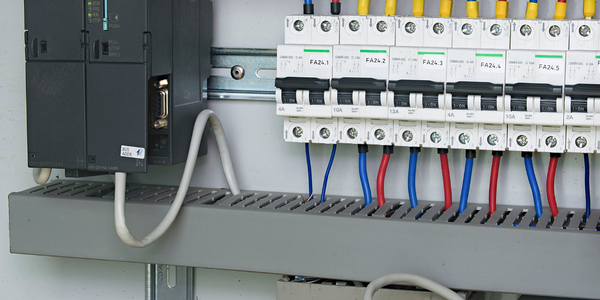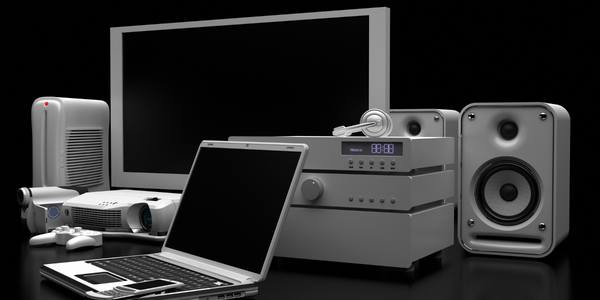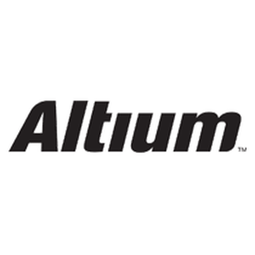Technology Category
- Processors & Edge Intelligence - Microcontrollers & Printed Circuit Boards
- Sensors - Acoustic Sensors
Applicable Industries
- Electronics
- Glass
Applicable Functions
- Product Research & Development
- Quality Assurance
Use Cases
- Construction Management
- Visual Quality Detection
Services
- Hardware Design & Engineering Services
- Testing & Certification
About The Customer
Accuphase Laboratories is a respected Japanese manufacturer of state-of-the-art audio products that are hand-built using innovative electronics and precise construction techniques. The company was established in 1972 by a skilled group of audio experts and engineers who conceived the successful Accuphase line of audio equipment. The name Accuphase is a combination of the word ‘accurate’ and the parameter the company considers the most important factor in audio technology - ‘phase’. The company regards the quality of the printed circuit boards used in their audio products to have a direct link to the unit’s sonic quality, and therefore places a high emphasis on the design layout and electrical properties of their boards.
The Challenge
Accuphase Laboratories, a renowned Japanese manufacturer of high-end audio products, faced a challenge in maintaining the quality and consistency of their circuit board production while reducing research and development time cycles. The company operates in a specialized industry similar to the luxury car market, where product development is focused on innovative, high-quality design rather than low-cost production. Accuphase does not release a regular stream of new products like mainstream consumer electronics companies, but it does respond to customer needs by bringing new and innovative products to market as quickly as possible. This approach requires an extremely iterative design process based on sequential circuit refinement in response to both subjective and objective performance testing. As a result, many prototypes are built, tested, and auditioned through the development process, creating short, critical PCB design cycles for the Accuphase engineers.
The Solution
To meet their requirements for a precise, highly productive PCB development system, Accuphase selected Altium Designer for their board-level design engineers. Altium Designer’s highly integrated and intuitive design environment allows the Accuphase engineers to produce high-quality board designs within short deadlines while maintaining close control of the entire process from conception through to completion. Unlike most design solutions based on a collection of partially integrated or linked design tools, Altium Designer offers seamless integration through the various design stages in a single, efficient application. This allows Accuphase to tightly manage their PCB design and production process while maintaining the high-quality results expected of their products.
Operational Impact

Case Study missing?
Start adding your own!
Register with your work email and create a new case study profile for your business.
Related Case Studies.

Case Study
Remote Temperature Monitoring of Perishable Goods Saves Money
RMONI was facing temperature monitoring challenges in a cold chain business. A cold chain must be established and maintained to ensure goods have been properly refrigerated during every step of the process, making temperature monitoring a critical business function. Manual registration practice can be very costly, labor intensive and prone to mistakes.

Case Study
Predictive maintenance in Schneider Electric
Schneider Electric Le Vaudreuil factory in France is recognized by the World Economic Forum as one of the world’s top nine most advanced “lighthouse” sites, applying Fourth Industrial Revolution technologies at large scale. It was experiencing machine-health and unplanned downtime issues on a critical machine within their manufacturing process. They were looking for a solution that could easily leverage existing machine data feeds, be used by machine operators without requiring complex setup or extensive training, and with a fast return on investment.

Case Study
Cloud Solution for Energy Management Platform-Schneider Electric
Schneider Electric required a cloud solution for its energy management platform to manage high computational operations, which were essential for catering to client requirements. As the business involves storage and analysis of huge amounts of data, the company also needed a convenient and scalable storage solution to facilitate operations efficiently.

Case Study
Leveraging the IoT to Gain a Competitive Edge in International Competition
Many large manufacturers in and outside Japan are competing for larger market share in the same space, expecting a growing demand for projectors in the areas of entertainment, which requires glamor and strong visual performance as well as digital signage that can attract people’s attention. “It is becoming more and more difficult to differentiate ourselves with stand-alone hardware products,” says Kazuyuki Kitagawa, Director of Service & Support at Panasonic AVC Networks. “In order for Panasonic to grow market share and overall business, it is essential for us to develop solutions that deliver significant added value.” Panasonic believes projection failure and quality deterioration should never happen. This is what and has driven them to make their projectors IoT-enabled. More specifically, Panasonic has developed a system that collects data from projectors, visualizes detailed operational statuses, and predicts issues and address them before failure occurs. Their projectors are embedded with a variety of sensors that measure power supply, voltage, video input/ output signals, intake/exhaust air temperatures, cooling fan operations, and light bulb operating time. These sensors have been used to make the projector more intelligent, automatically suspending operation when the temperature rises excessively, and automatically switching light bulbs. Although this was a great first step, Panasonic projectors were still not equipped with any capability to send the data over a network.









